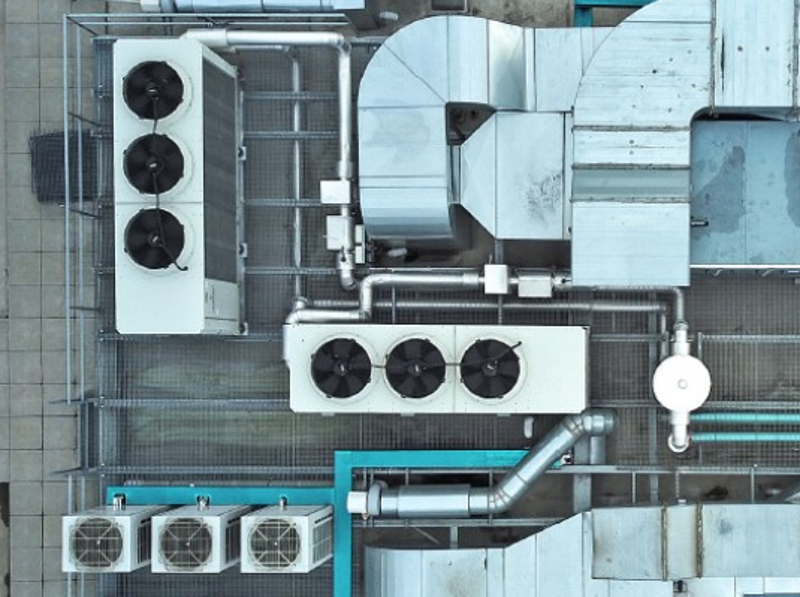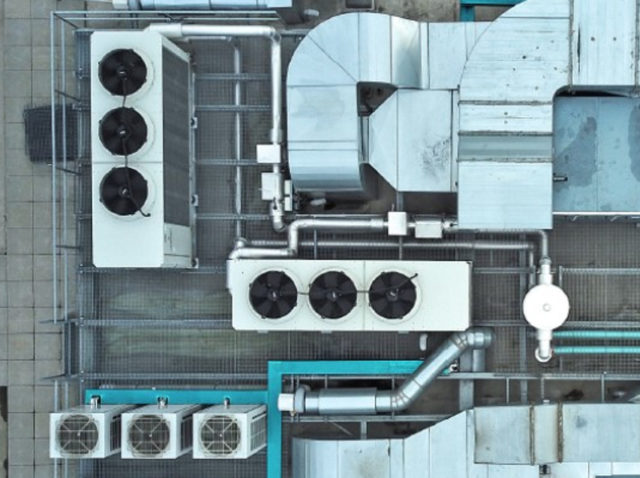Smart energy use has helped just 33 companies avoid 328 million metric tons of CO2 equivalent, according to the Climate Group and Alliance to Save Energy report.
The companies, members of the EP100 global ‘energy-smart’ business initiative, have avoided 57 million tonnes of CO2e in the last year alone, with an average annual improvement in energy productivity of more than 6%.
In terms of energy savings, some 936TWh of energy has been saved by the companies to date, and the combined cost savings amount to $200 million annually.
They also are progressing on energy productivity, with companies on average having achieved 62% of their EP100 goals. Three-quarters are ahead of schedule and three of them Swiss Re, UltraTech Cement and Woolworths Holdings, have already surpassed their EP100 goals.
Related articles:
RE100 gets Climate Week boost as Jinko Solar joins the global movement
Energy efficiency – the often ‘forgotten’ option in the energy transition
COVID-19 and the World Energy Outlook 2020
“This report shows that EP100 members are making rapid progress towards their energy productivity goals,” says Helen Clarkson, CEO of the Climate Group, in the report.
“They are using less energy to achieve higher economic output, simultaneously lowering greenhouse gas emissions and increasing competitiveness.”
The EP100 initiative was formed in 2016 by the Climate Group for businesses to commit to improvements in their energy productivity. Specifically member companies must commit to one of three pathways, either doubling energy productivity within 25 years, implementing energy management systems and an energy productivity target in all facilities within 10 years, or owning, occupying and developing net zero emission buildings by 2030 (this latter led by the World Green Building Council).
In this context, energy productivity is a measure of the economic benefit such as products or revenue received from units of energy consumed and reflects efficient technologies and operational practices, as well as employee behaviour.
EP100 companies cite greenhouse gas emission reductions and financial savings as the top two drivers for their membership.
Energy efficiency measures
Upgrades to lighting are the most frequent energy efficiency measure cited, closely followed by improving heating, ventilation and air conditioning.
Nine in ten of the companies report using an energy management system in their facilities. Almost two-thirds have implemented submetering and monitoring and more than half have invested in improved sensors and controls.
However, the upfront installation costs of technologies remains the main barrier to improvements.
During the past year the membership of EP100 has more than doubled and now counts more than 100 companies across the globe, South America excepting. The report notes that while there is considerable uncertainty hanging over the economy moving into 2021, companies should seize the opportunity to adapt their business models.
“Those doing more with less energy and keeping financial overheads low will find themselves in a stronger, more resilient financial position. The technology is available and affordable now and the case for action and green recovery as urgent as ever.”
The report cites IEA data that to avoid the most severe impacts of climate change, energy efficiency will need to deliver around half of the emissions cuts required by 2030. Further, the United Nations recommends annual energy efficiency improvements of 2.7% annually, equivalent to about 2.77% in energy productivity improvements.



